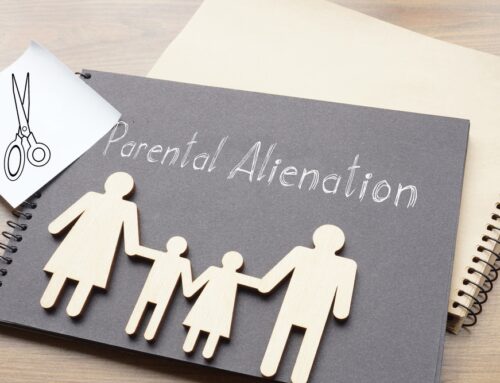
Most people have heard the term Parental responsibility, but how many people actually know what it means? who has parental responsibility?, if you don’t have it how can you get it?
The Children Act 1989 defines parental responsibility as “All the rights, duties, powers, responsibilities and authority which by law a parent of a child has in relation to the child and his property” This means that the holder of parental responsibility or “PR” has a right to be involved in all major decisions concerning that child, for example being able to consent to non emergency medical treatment, having a say in what school the child attends and the like.
The child’s mother automatically has PR for the child as does the father if the parents are married. An unmarried father will automatically have PR for the child if the child was born after 23rd December 2003 and the father is registered on the birth certificate.
An unmarried father who is not named on the child’s birth certificate may obtain PR in a number of ways. If the child’s mother is in agreement that the father is to have PR then the parents can enter into a formal PR agreement. This is an agreement evidenced by a document in a set format which is signed by all parties and witnessed by a member of court staff. The agreement is then sent to the Principle Registry of the Family Division in London. Only when the agreement is registered and a sealed copy sent back will the agreement be binding. If agreement is not reached it is open to the father to apply to the court for a PR order. In determining whether to make an order the court will take into account the degree of commitment shown by the father, his attachment to the child and his reason for applying, amongst other matters.
PR lasts until the child reaches the age of 18, but may be lost is certain circumstances by order of the court.




